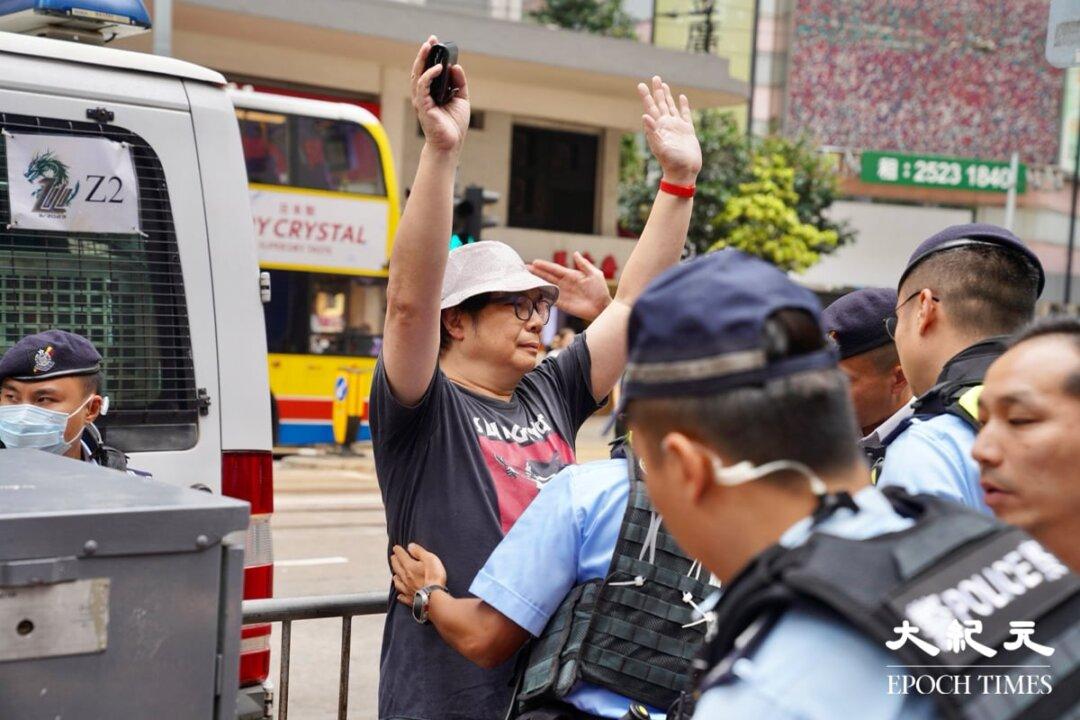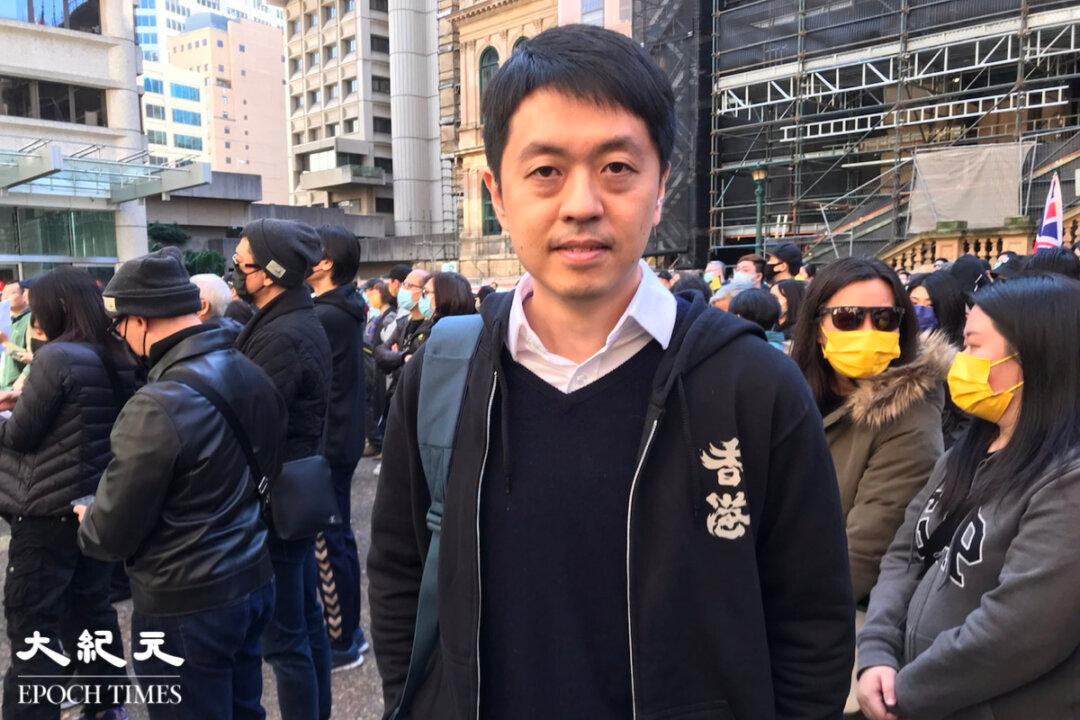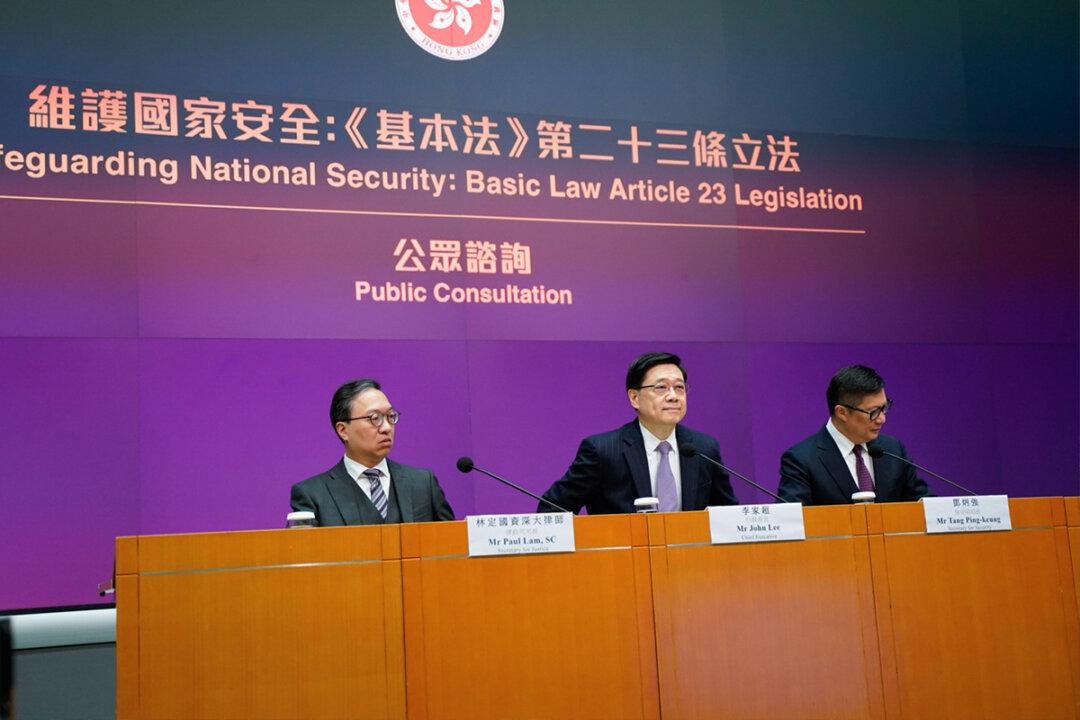For Cheung Hoi-kit, classic movies such as “The Avengers” are not programs to enjoy in his spare time but tools used to deprive him of his right to receive education. Mr. Cheung was charged with arson and other crimes in 2020 when he was 16. He was arrested in August of that year, refused bail, and detained in Hong Kong’s Pik Uk Correctional Institution for nearly three months. He recalled applying to attend classes during his detention, but the instructor just played movies in each class session.
When he was finally released on bail and planned to return to school, he was repeatedly delayed by the school authority. He suspected he had been targeted because he had participated in the anti-extradition protests and felt deprived of the right to receive a normal education. Although he was ultimately acquitted by the court in 2022 and released, he had already missed the opportunity to receive a proper school education.




